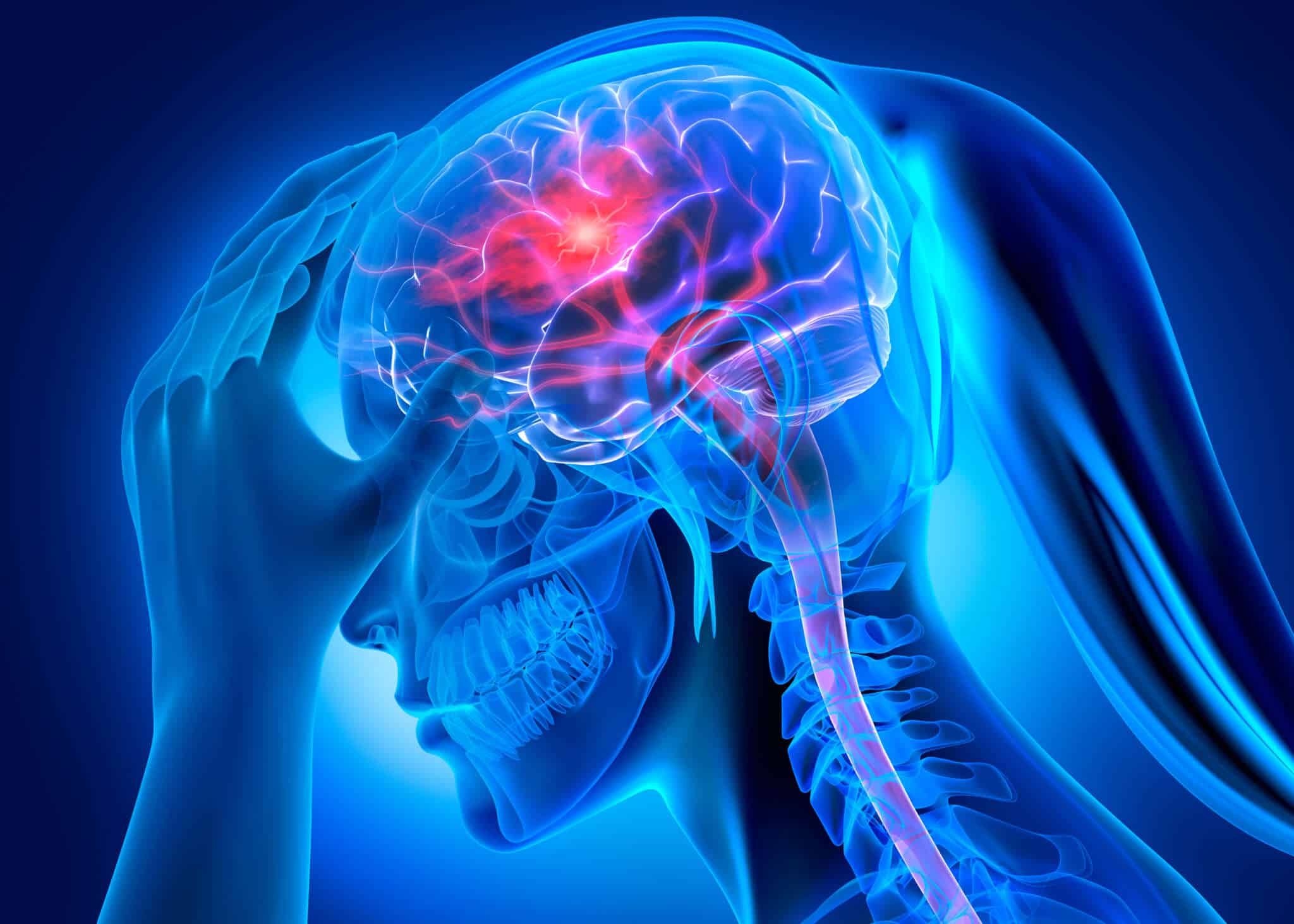What are the Symptoms of Brain Trauma?
The symptoms of brain trauma vary depending on the severity of the injury sustained during an accident or other incident that caused the head injury. They can include:
- Headaches
- Nausea or vomiting
- Dizziness or vertigo
- Difficulty concentrating or focusing on tasks at hand
- Problems walking straight
- Difficulty speaking clearly


What are the symptoms of Brain Trauma?
The symptoms of brain trauma vary depending on the severity of the injury sustained during an accident or other incident that caused the head injury. They can include:
Headaches
Nausea or vomiting
Dizziness or vertigo
Difficulty concentrating or focusing on tasks at hand
Problems walking straight
Difficulty speaking clearly

Common Causes of Brain Trauma
Vehicle Collision
Fall
Head Injury
Known Treatments for Brain Trauma
Depending on the severity of the brain trauma, there are a number of different treatment options available. For milder forms of brain trauma, such as concussions, treatment typically involves rest and relaxation until symptoms subside.
For emergencies of more severe forms of brain trauma like bleeding in the brain, surgery may be required to remove the blood and relieve pressure on the brain. Repairing skull fractures may also be necessary. Some treat symptoms of brain trauma to lower the risk of long-term problems by giving prescribed medications.
